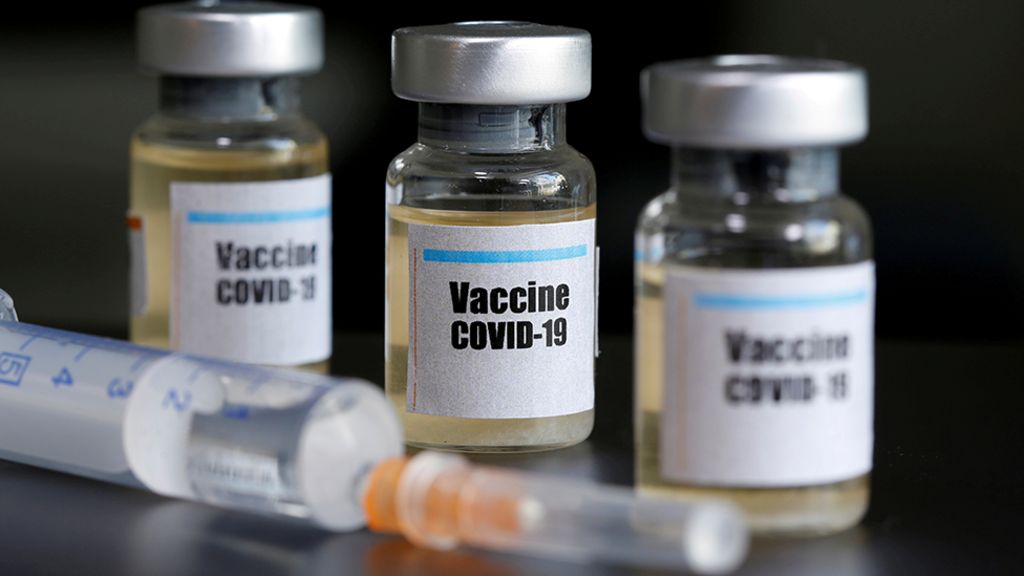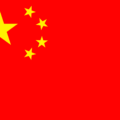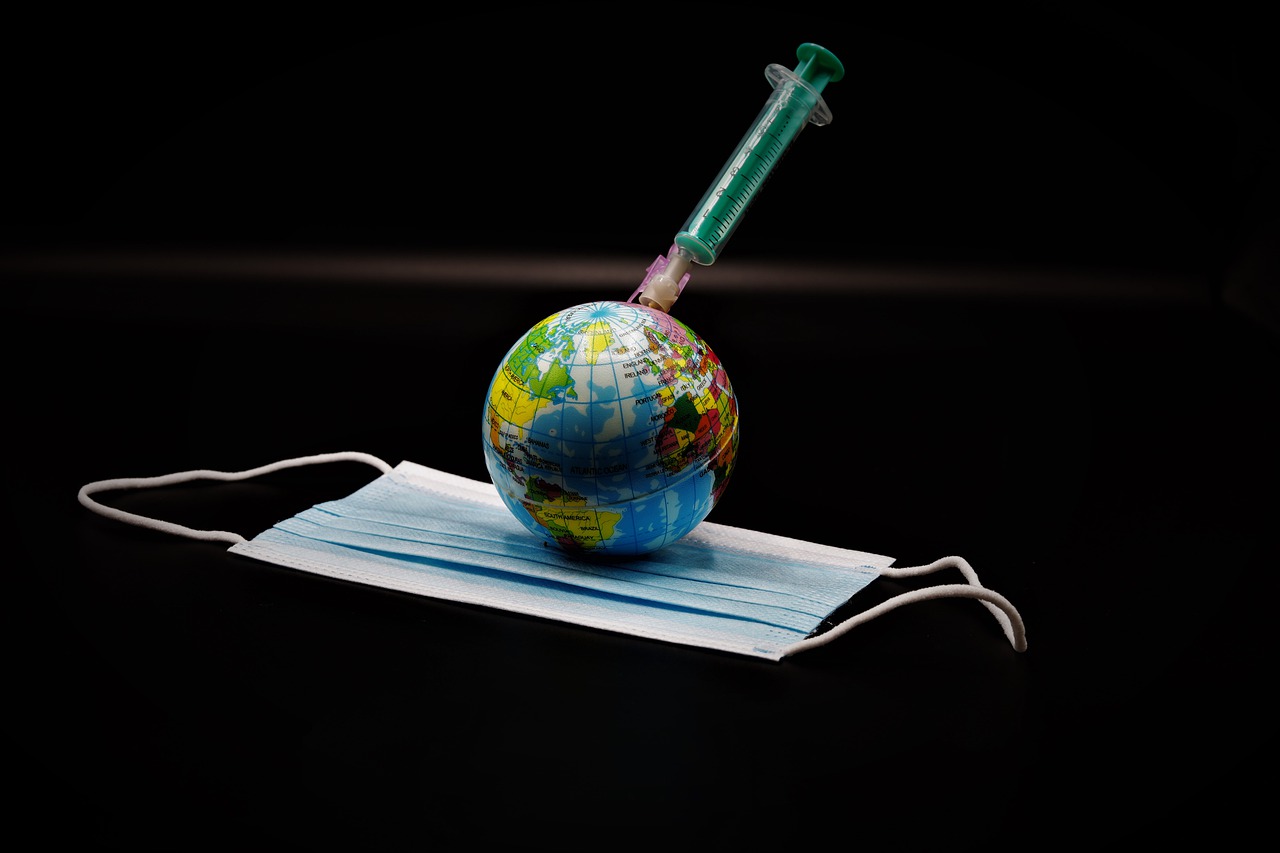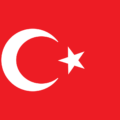Taxes on Vaccines in the ‘Interest of Citizens’, According to Indian Minister
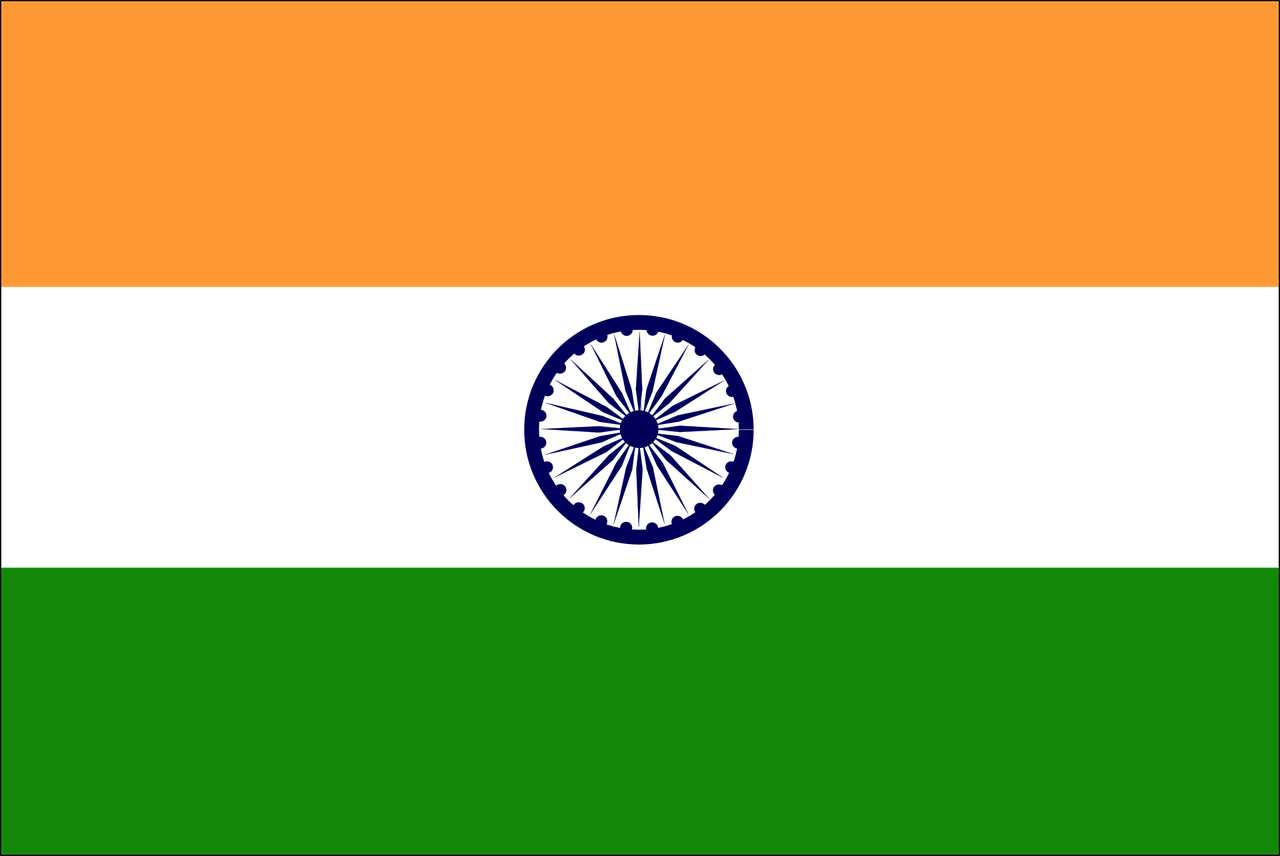
The Indian Finance Minister recently explained that GST exemption on Covid-19 related items would make them more costly for the ultimate consumers. This was with reference to domestic supplies and commercial import of Covid-19, vaccines, medicines, and oxygen medical devices like concentrators.
According to the Indian minister with such an exemption will not allow manufacturers to offset the taxes paid on imports. Resultantly, the end consumers would bear the brunt in form of increased prices. The Indian Minister, Nirmala Sitharaman stated this in response to a letter by the West Bengal Chief Minister Mamata Banerjee, addressed to Modi. The letter sought immunity from GST and customs duty on donations of oxygen concentrators, oxygen cylinders, and Covid-related drugs from various organizations.
The Finance Minister in her reply informed that the stated items already enjoyed a health cess and customs duty exemption. She added that there was a GST exemption on all Covid-19 related assistance imported free distribution throughout the country. Such relief material was being imported free from customs duty through channels like the Indian Red Cross.
At present vaccines for the domestic supply, attract a tax rate of 5% GST and 12% on other related items like oxygen concentrators. In GST, there is seamless credit of input, where the manufacturer gets the credit of what was paid at the time of purchase. The input tax credit is actually the difference between the taxes paid at the time of intermediate stages of production and the final product. This is something that the manufacture of goods and services can claim. If the vaccines or commercial items are taxed at 0%, the manufacturers will not be able to get the credit of the taxes they have paid on the input cost. With this, the manufactures will not be able to pass on the input credit to the consumers. This would eventually lead to an increase in the price of the vaccine or other Covid-19 related items.
However, while the Covid-19 related items are already exempt from taxes as clarified by the minister, the states are asking for relaxation. This makes one wonder what type of relaxation the states are asking for.
These demands and requests have arisen out of an imperfect understanding of the way the GST structure has been created.
A vaccine maker incurs a lot of cost on antigens, stabilizers, antibiotics, preservatives, and transportation costs from one place to another, etc. This means that the vaccine manufacturer pays a lot of tax at the intermediate stages. If no tax is paid on intermediate stages of production and the product is being sold with 5% tax then he is refunded. However, unfortunately, the GST system is such that if the final product becomes zero then the manufacturer cannot claim the tax refunds. This refund is claimed specifically on the intermediates that the manufacture has incurred.
Thus, the statement from the Indian Finance Ministers shows that tax exemption won’t prove beneficial for the manufactures and consumers, alike.



